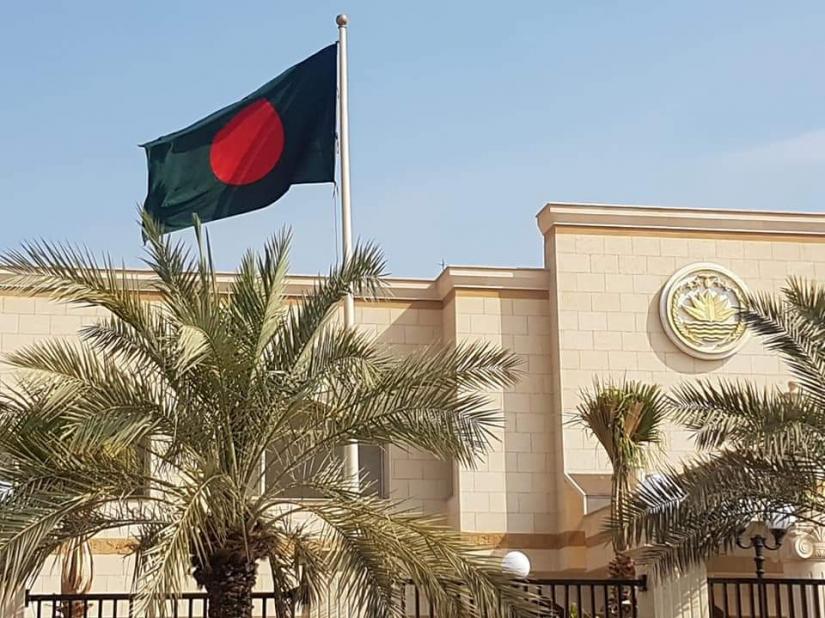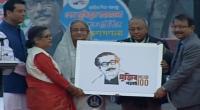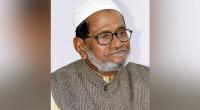 Former diplomats feel that in the Iran-US faceoff, remaining neutral would be in the best interest for Bangladesh. They have all opted for ‘silent diplomacy’.
Former diplomats feel that in the Iran-US faceoff, remaining neutral would be in the best interest for Bangladesh. They have all opted for ‘silent diplomacy’.
On Friday (Jan 3), the head of Iran’s Al Quds, Qasem Sulaimani was killed in a US rocket attack which prompted Iran to declare revenge. On Wednesday (Jan 8), US bases in Iraq came under attack.
In such a situation, former foreign secretary Touhid Hossain, said: “If there is a conflict in the middle-east, oil prices will rise which will harm Bangladesh. In addition, a large number of Bangladeshis are working in Iraq and Saudi Arabia; in case of war, their safety will be in jeopardy and remittance flow to the country will be impeded.”
Commenting on the rocket attack that killed Suleimani, he said: “There is no reason for Bangladesh to support the US attack and at the same time taking side with Iran to harm relations with USA is not a sensible move either. Bangladesh’s statement should ask for restraint and peace which is similar to the message sent by the head of UN.”
Former Bangladesh ambassador to Libya, major general Mohammad Shahidul Huq also echoed what Touhid had said, stating: “Silent diplomacy is the best policy; it would be better not to antagonize anyone in the middle east since this is a delicate region.”
Regarding the statement of the Iranian embassy in Bangladesh, he said: “Iran is trying to send out a global message that it is the side which has been unfairly treated.”
On Wednesday’s attack by Iran, no one was hurt so we see a lot of bellicose rhetoric but little military action, he observed.
On Tuesday, Foreign Minister Abdul Momen expressed concern over the condition of workers in Iraq and said that he is keeping an eye on their conditions.
 National
National
41303 hour(s) 29 minute(s) ago ;
Afternoon 06:23 ; Thursday ; Jul 03, 2025
Silent diplomacy for Bangladesh in Middle East crisis
Send
Sheikh Shahariar Zaman
Published : 00:00, Jan 11, 2020 | Updated : 00:02, Jan 11, 2020
Published : 00:00, Jan 11, 2020 | Updated : 00:02, Jan 11, 2020
0 ...0 ...
/tf/
Topics: Top StoriesExclusive
- KOICA donates medical supplies to BSMMU
- 5 more flights to take back British nationals to London
- Covid19: Rajarbagh, Mohammadpur worst affected
- Momen joins UN solidarity song over COVID-19 combat
- Covid-19: OIC to hold special meeting
- WFP begins food distribution in Cox’s Bazar
- WFP begins food distribution in Cox’s Bazar
- 290 return home to Australia
- Third charter flight for US citizens to return home
- Dhaka proposes to postpone D8 Summit
Unauthorized use of news, image, information, etc published by Bangla Tribune is punishable by copyright law. Appropriate legal steps will be taken by the management against any person or body that infringes those laws.
Bangla Tribune is one of the most revered online newspapers in Bangladesh, due to its reputation of neutral coverage and incisive analysis.
F R Tower, 8/C Panthapath, Shukrabad, Dhaka-1207 | Phone: 58151324; 58151326, Fax: 58151329 | Mob: 01730794527, 01730794528


